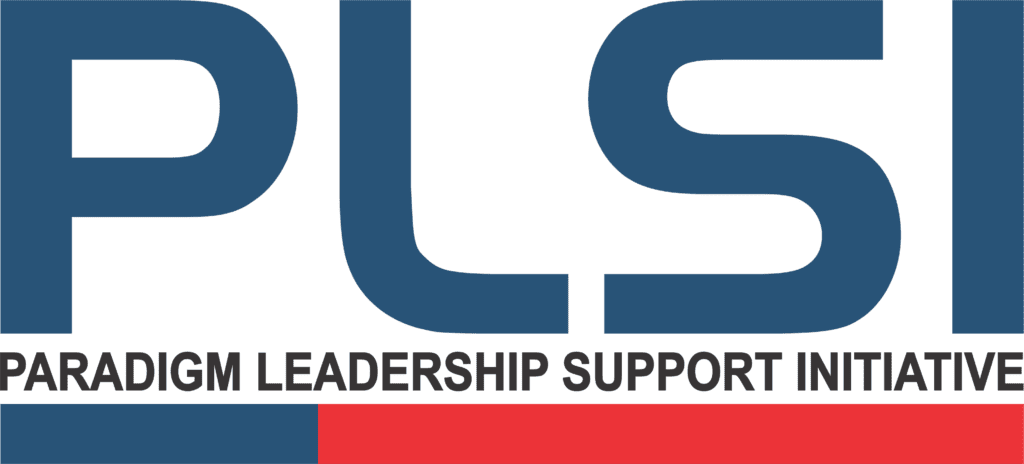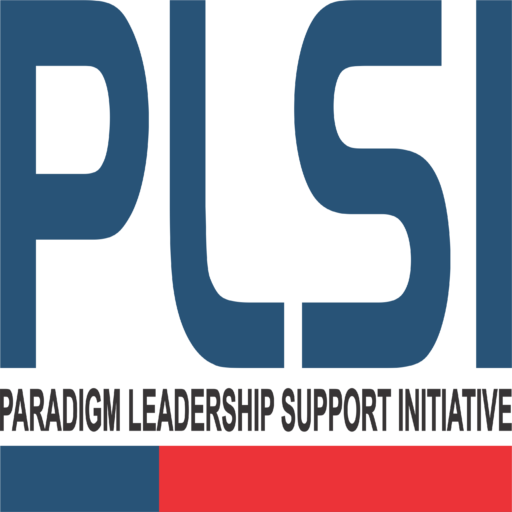In an effort to continue to promote transparency and accountability within Nigeria’s governance framework, the Paradigm Leadership Support Initiative (PLSI) has achieved another noteworthy milestone with the launch of the 2023 edition of its annual flagship research report, the Subnational Audit Efficacy (SAE) Index 2023. The SAE Index serves as a pivotal tool for assessing the level of transparency and accountability in the management and utilisation of public funds, as well as the implementation of public policies, across all 36 states of Nigeria. The yearly unveiling convenes stakeholders, both state and non-state actors, in a collaborative effort to evaluate the level of transparency and accountability operational within each state government’s governance structures, discuss assessment findings, and devise actionable strategies for progress.
The 2023 edition, launched on March 14, 2024, at the Shehu Musa Yaradua Centre in Abuja, revealed certain remarkable progress being made in states’ public audit processes, as well as areas needing improvement. Notably, Ekiti and Yobe States emerged as top performers, both achieving a remarkable score of 73%, followed closely by Akwa Ibom and Katsina States, securing 3rd and 4th positions with 60% and 53%, respectively. Conversely, Sokoto, Taraba, and Ondo States scored 31%, placing them in the 15th spot, while Benue and Lagos States lagged behind, occupying the 35th and 36th positions with 10% and 5%, respectively, highlighting the disparities in transparency and accountability practices across the nation.
PLSI’s Executive Director, Olusegun Elemo, speaking at the report launch, underscored the importance of the SAE Index as an annual scorecard, assessing the temperature of public finance management and policy implementation practices at the state level. He emphasised the need for effective implementation of audit laws enacted by states to bolster accountability and development efforts. Despite improvements in the policy landscape, the report revealed a concerning decline in overall performance. This decline poses a significant challenge to sustaining and building upon initiatives like the World Bank-Assisted States Fiscal Transparency, Accountability, and Sustainability (SFTAS) Programme, which aimed to enhance fiscal governance across states.
In her keynote speech, Professor Antonia Simbine, Director-General of the Nigerian Institute of Social and Economic Research (NISER), represented by Prof. Andrew Onwuemele, emphasised the critical role of sub-national entities in shaping Nigeria’s development trajectory towards prosperity and inclusivity. “Expanding the accountability frontier for equitable and inclusive subnational development in Nigeria is a multifaceted challenge that requires commitment from multiple stakeholders, including state and non-state actors, citizens, and the international community. By addressing fiscal mismanagement, improving service delivery, promoting decentralisation, and embracing innovative strategies, Nigeria can build a more accountable and responsive subnational governance structure that lays the foundation for sustainable and inclusive development and ultimately reduces some of the day-to-day stresses currently being faced,” he said.
In his goodwill message, Hon. Bamidele Salaam, Chairman, Public Accounts Committee of the House of Representatives, noted a significant concern – “nearly half of the nation’s budgeted funds are either misappropriated or misapplied.” He underscored that this mismanagement has far-reaching consequences, leading to suffering for all.
Dr. Innocent Okwuosa, FCA, the 59th President of ICAN, acknowledged in his remark that, “the Subnational Audit Efficacy (SAE) Index, with the sole objective of examining the level of transparency and accountability in the management of public funds and implementation of public policies in all 36 states of the federation, has played a crucial role in evaluating the efficiency of audit systems, enhancing governance practices, and promoting financial integrity at the subnational level. This 4th edition marks a significant milestone in PLSI’s commitment to enhance accountability standards, bolster institutional capacity, and promote sustainable development across our subnational entities. ICAN acknowledges and strongly commends the crucial role the SAE Index plays in driving strong audit processes within the subnational entities and fostering a culture of responsible governance.” He said.
Recognising the profound impact of the Subnational Audit Efficacy Index, Auditor General for the Federation, Mr. Shaaka Chira, conveyed his appreciation in his goodwill message. He emphasised that the index is a testament to the relentless dedication and unwavering commitment of the Paradigm Leadership Support Initiative to advancing good governance and accountability in Nigeria.
Mr. Chira highlighted that, by evaluating the effectiveness of governance mechanisms at the sub-national level, the index offers invaluable insights crucial for guiding policymakers, stakeholders, and citizens towards informed decision-making and improved governance practices. In a nation as diverse and complex as Nigeria, he stressed the importance of accountability and inclusivity in governance. “As the Auditor-General for the Federation, I am deeply encouraged and motivated by the dedication and commitment demonstrated by the Paradigm Leadership Support Initiative in championing the cause of good governance and accountability. Your steadfast efforts serve as a beacon of hope and inspiration for all stakeholders who are critical to our nation’s march towards achieving transparency and accountability in the conduct of government businesses. Moving forward, let us seize the findings of the Subnational Audit Efficacy Index as a call to action. Let us redouble our efforts, foster collaboration, and work tirelessly towards building a more accountable, transparent, and sustainable future for Nigeria. Together, we can overcome challenges, realise our shared aspirations, and create a legacy of progress for generations to come,” he said.
Furthermore, to acknowledge and commend outstanding efforts in advancing accountability, awards were presented to top performers in the 2021, 2022, and 2023 SAE Indexes. In 2021, Bauchi and Osun claimed the top spot, while Akwa Ibom State took the lead in 2022. Notably, Ekiti and Yobe State emerged as the top performers in the newly launched SAE Index 2023.
A dynamic panel session, moderated by Mr. Jubril Shittu, CEO of Public and Private Development Centre (PPDC), and Dr. Biobele Daviana Davidson of BudgIT Foundation, delved deep into strategies for enhancing health policy outcomes and amplifying the impact of public audits to improve service delivery at the subnational level. Panelists included: Adeuya Victor, Auditor General of Ekiti State; Ayodeji Ogunyemi, Partner at EY West Africa; Olajide Funso Benjamin Bishop, Executive Director of Disability Not A Barrier Initiative; Felix Abrahams Obi, Nigeria Country Manager at Results for Development; Dr. Anas Tukur, Auditor General of KatsinaState; and Dr. Mohammed Gana, Commissioner for Health of Yobe State.
The SAE Index 2023 report launch, themed Expanding Accountability Frontiers for Equitable and Inclusive Subnational Development, brought together key accountability stakeholders across Nigeria, including auditors-general, public accounts committee chairpersons, accountant-generals, civil society and media organisations, academic institutions, professional bodies, international organisations, donor agencies, policymakers, professional bodies, persons with disabilities, and engaged citizens. Looking ahead, we anticipate further advancements in the transparency and accountability landscape in Nigeria.

